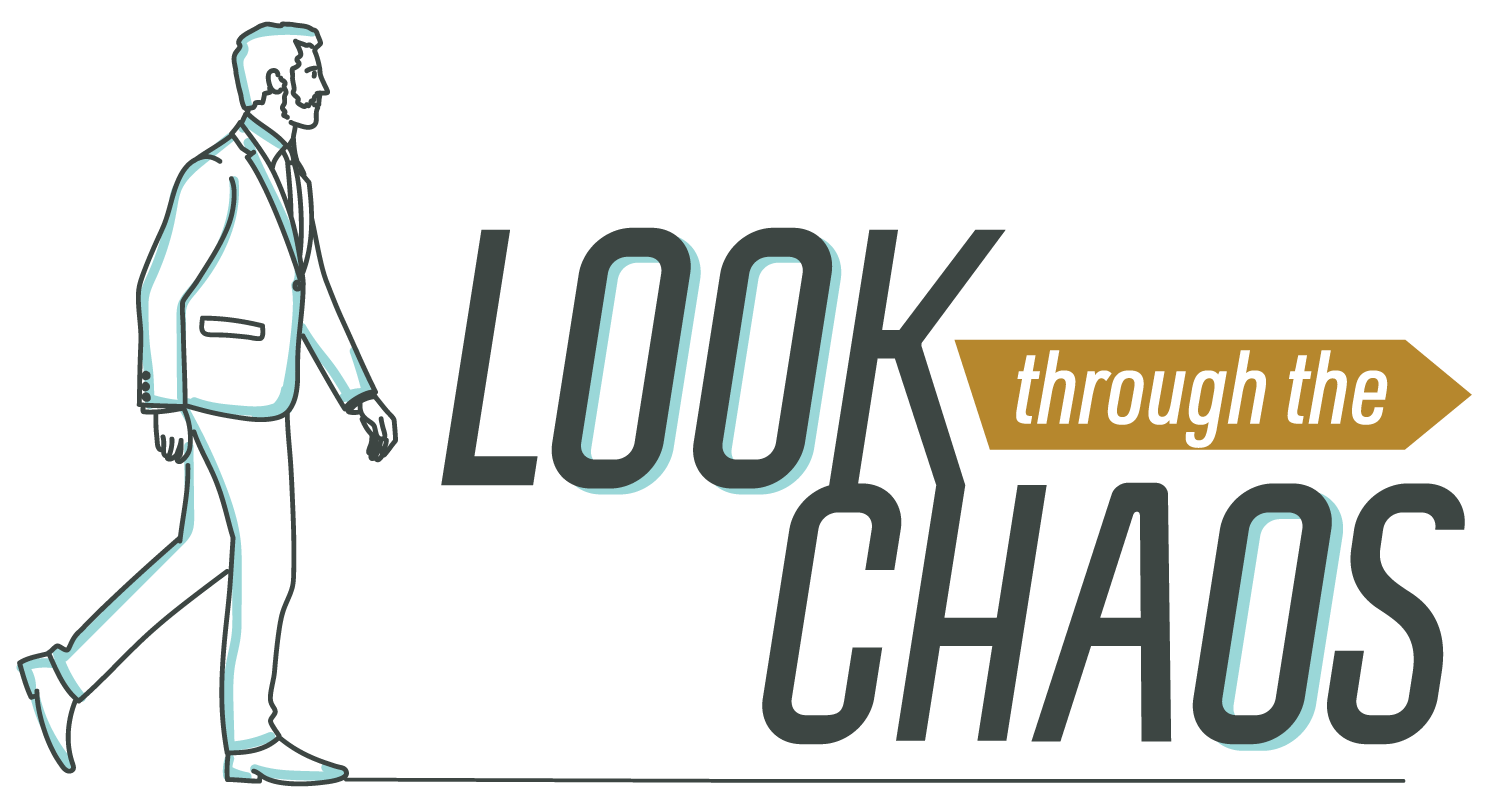Good Germans – Part One
“The world is a dangerous place to live, not because of the people who are evil, but because of the people who don’t do anything about it.” -Albert Einstein
“All that is required for evil to triumph is for good men to do nothing.” -Edmund Burke
…
Have you heard of the “good Germans” in the 1930s? This is a phrase created to describe the majority, or at least a plurality of the German people in that time who went to church, had a job, raised a family and were generally not much different from you and me. Most did not vote for Hitler and were not members of the Nazi Party. Many did not agree at all with Hitler’s policies as they developed. But they did little or nothing to stop what the Nazis were doing.
Hitler rose to power starting in 1931 when the world, and Germany in particular, were caught in the grip of the depression. Germany had experienced huge inflation in the 1920s and there was a great deal of economic discontent. Hitler’s Nazi Party received between 33% and 37% of the vote in elections in 1931 and 1932 very much because a discontented people were looking for new leadership. Hitler became Chancellor in January of 1933. Kristallnacht (coordinated attacks on Jews) happened in November of 1938. Germany invaded Czechoslovakia in March of 1939. So, it was roughly 8 years from Hitler winning elections until the start of World War II.
During this whole time, those “good Germans” went about their lives.
We look back now on the “good Germans” with great disdain. Why didn’t they stand up to Hitler? Why didn’t they do more to try and stop him? One reason that is clear is that many did not know what was really going on because Geobbel’s propaganda ministry controlled the dissemination of news, which news were lies and cover-ups. Of course, those “good Germans” paid for this error often with their lives and the lives of their loved ones in the war. Or, if they survived the conflict, they paid with their property and liberty in the years following the war. Of course, it is easy for us in hindsight to be critical of people living in another place and time (something new leftist historians do regularly). Whether we choose to criticize them or not, we can learn from their mistakes.
Throughout my time in politics, I have never wanted to invoke the history of Nazi Germany in order to make a point. It might lead to the idea that I was equating my political opposition in American to Nazis, which would serve to defeat whatever point I was trying to make.
I have since changed my mind. There are basically three reasons for that change.
First, it is not because I think today’s Democrats are Nazis. They are not. At least not yet. But they have transitioned from being a party dominated by liberals (with whom I disagree but who are not a threat to liberty) to a party dominated by authoritarian socialists. Authoritarianism is a threat to liberty, and it is one step away from totalitarianism which is a state devoid of freedom except for those in power and whatever groups they arbitrarily decide to grant freedoms to. That threat makes the stakes of losing to the left in America that much greater than they have been.
Secondly, people in the U.S. know a lot about the history of Germany in the 1930s and 40s. They know less about Mao’s rise to power in China, although Mao killed more people than Hitler. They know less about Lenin and Stalin and the Soviet Union and the purge of 1938. One could invoke the bad history of authoritarianism and totalitarianism in a dozen other countries in the last 100 years, but most Americans don’t know the stories our fully understand how bad those outcomes were. When you talk about Nazi Germany, people understand.
The final reason I am doing this is because there are parallels. The parallels are not in the extremities of the actions. But there are parallels in the courses of events. Both the U.S. and 1930s Germany are and were developed first world countries. Both are and were deeply divided. Both have or had a propaganda machine that gives carefully sanitized “news” to people intended to coerce them in to supporting a political ideology with which they might not agree if they knew all that it was doing.
I could go on. You get the point.
We don’t want to be “good Germans”. And we don’t have to be. More on that in Part Two.
I remain respectfully,
Congressman John Campbell
Drive fast and live free.
